

Discover more from Easy By Nature
A five-year-old hijacked my garden tour. I was describing how to prune a fruit tree when Edward burst upon the scene. The adults seemed interested in what I was saying, but Edward was utterly unencumbered, exploring with all his senses. He wove his way through the adults and stood next to me. He looked over at a small planting of spinach and said “What is that? Can I eat it?” That was the beginning of a full-on exploration of the garden.
I quickly abandoned the adults and followed Edward around, telling him about the plants. He ate everything! Anise Hyssop, raspberries, strawberries, lettuce, Swiss chard, sorrel, amaranth, dill, cilantro, and arugula. It was amazing.
When we got to the black raspberries I told him they had sharp thorns as he reached up and grabbed the cane. He winced and shifted his hand before pulling the cane down to get a closer look at the berries. “Are they ripe?” “No, not yet.” On to the next thing.
He had so many questions. I tried to hang with him and answer all of them, but he eventually disappeared into the asparagus, and I returned to the adults. What a delight to spend a few minutes immersed in unbridled curiosity. He was contagious. I felt a little spark light up inside of me. I had a brief moment where I thought I would take this same tack with the adults, and then I glanced at them and realized I needed to tone it down and meet them where they were.
Why do I have to tone it down? Why do we lose that spark? We just witnessed how a walk through the garden can be revelatory at every turn. Edward should have prompted us all to consider the enlivening tang of a sorrel leaf. It is a sparkling delight, a still wild leaf. How does that smooth green leaf carry such exquisite vibrancy? Why does it melt into a savory-sour soup? What can that soup teach us about finding balance in our food and lives?
I was tracking Edward with my ears. He was all over the place. I saw him re-enter the garden and make a beeline for the spinach. “Can I eat more spinach?” Wow. What a kid.
Edward’s dad was following after him, and when he passed me, he paused just long enough to ask me what I think about bat houses. “I think they are great, and we need more of them,” I said as Edward and his dad drifted away. I turned around to see a slower father and son approaching.
They walked up to me and started asking questions about birds. The teenage boy avoided eye contact and was quiet. He was absorbing the serenity of the garden. After a couple of minutes, he started talking. I listened and was encouraging. I could see him relax. He told me that he uses the Merlin app on his phone. He also described a few recent bird encounters he has had in his yard and how he would like his yard to be more like mine. He glanced at his dad. I noticed the teenager noticing the birds. We were surrounded by families of chickadees, titmice, house wrens, robins, and house sparrows. The birds were accustomed to people, and they went about their lives as if the crowd did not exist. The air was full of bird song.
The dad asked me the best time to see birds in my yard. I told him mid-morning when the sunlight hits the plants. I went on to say that this time of day when the sun is setting in the west, we often see flycatchers move in and perch on bare branches overlooking the garden. About ten seconds later, an Eastern Wood-Pewee swooped in and perched above the garden as if on cue. He sat there swiveling his head like a robot, scanning for insects, and he made short flights to snatch them out of the air. We could hear his bill clicking together as he clamped down on his prey. We watched him for close to a minute in complete silence. No one felt the need to make conversation.
The teenage boy gave me a knowing glance, his eyes sparkled, and then he opened up. The safe space and the pewee encounter caused a shift within him. He started asking me questions about birds, bird feeders, plants, and birdwatching. He had a lot of questions. He had the same spark as Edward within him, it just needed a bird to fan it. The sallying pewee cast tiny swirling eddies off of his wing tips that washed over this boy and lit him up.
A subtle breeze, a subtle connection for the special ones. The ones in touch with grace and an inherent desire that cannot be denied. The ones who are fluent in the native beauty of the universe.
All life that is not merely mechanical is spun out of two strands, — seeking for that bird and hearing him. And it is just this that makes life so hard to value, and the delight of each so incommunicable. And it is just a knowledge of this, and a remembrance of those fortunate hours in which the bird has sung to us, that fills us with such wonder when we turn to the pages of the realist. There, to be sure, we find a picture of life in so far as it consists of mud and of old iron, cheap desires and cheap fears, that which we are ashamed to remember and that which we are careless whether we forget; but of the note of that time-devouring nightingale we hear no news.
Robert Louis Stevenson
A small yard and a small garden are a microcosm of the world. The adults, and especially the kids, were changed by their visit. I imagined them leaving and carrying the scent and pollen from the garden across town. They were like giant bees spreading the essence of the garden everywhere they go. An essence that wafts on the breeze and changes everyone who encounters it. This subtle change makes people more receptive to beauty and less intent on devouring nature. They have shed their fear and embraced the fact that we are the garden.
This is how a human being can change. There is a worm addicted to eating grape leaves. Suddenly, he wakes up, call it grace, whatever, something wakes him, and he is no longer a worm. He is the entire vineyard, and the orchard too, the fruit, the trunks, a growing wisdom and joy that does not need to devour.
Rumi
Subscribe to Easy By Nature
Exploration and insights into re-wilding your yard, neighborhood, and spirit.

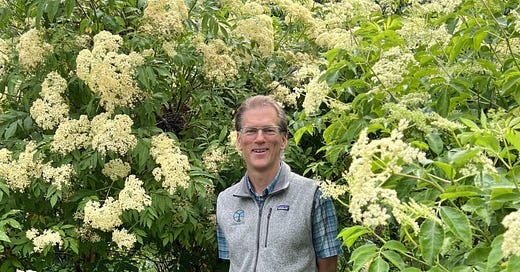



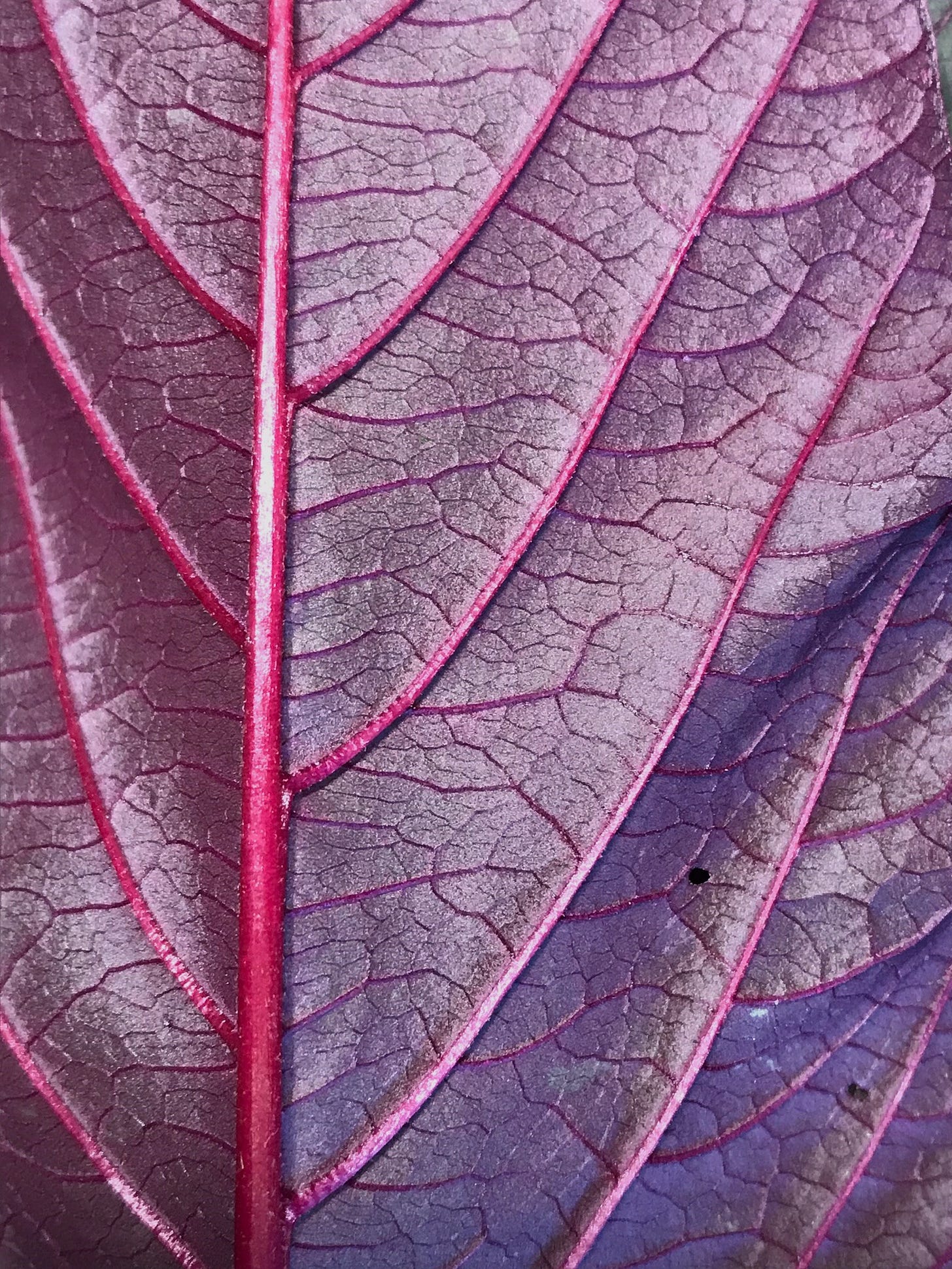

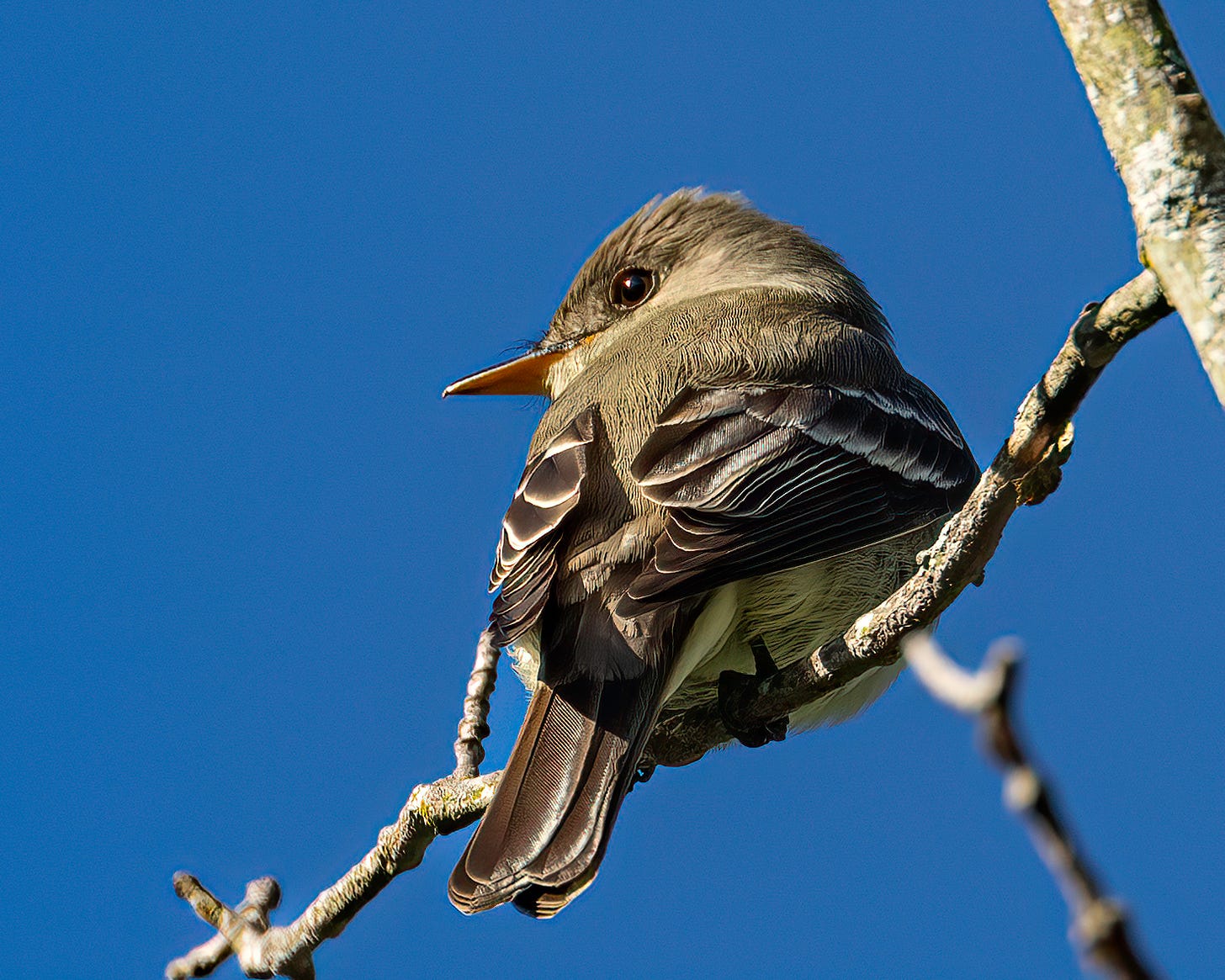





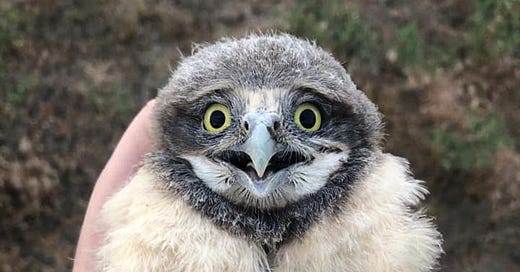


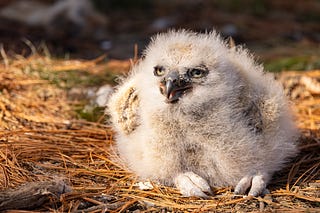


I love how little things make a POW. Thank goodness for Edward and your beautiful attention so such details.
A really nice Friday morning read. Thinking about how we connect -- or don't connect -- with nature at each stage of our life reminds me of my own path toward birding in college. At a time in my life when I realized the world could be much bigger than what I had seen growing up, birds helped me discover a whole new layer to my surroundings. But I never would have gotten there without the small encouragements like the ones you write about here, each slowly nurturing that eventual fascination.